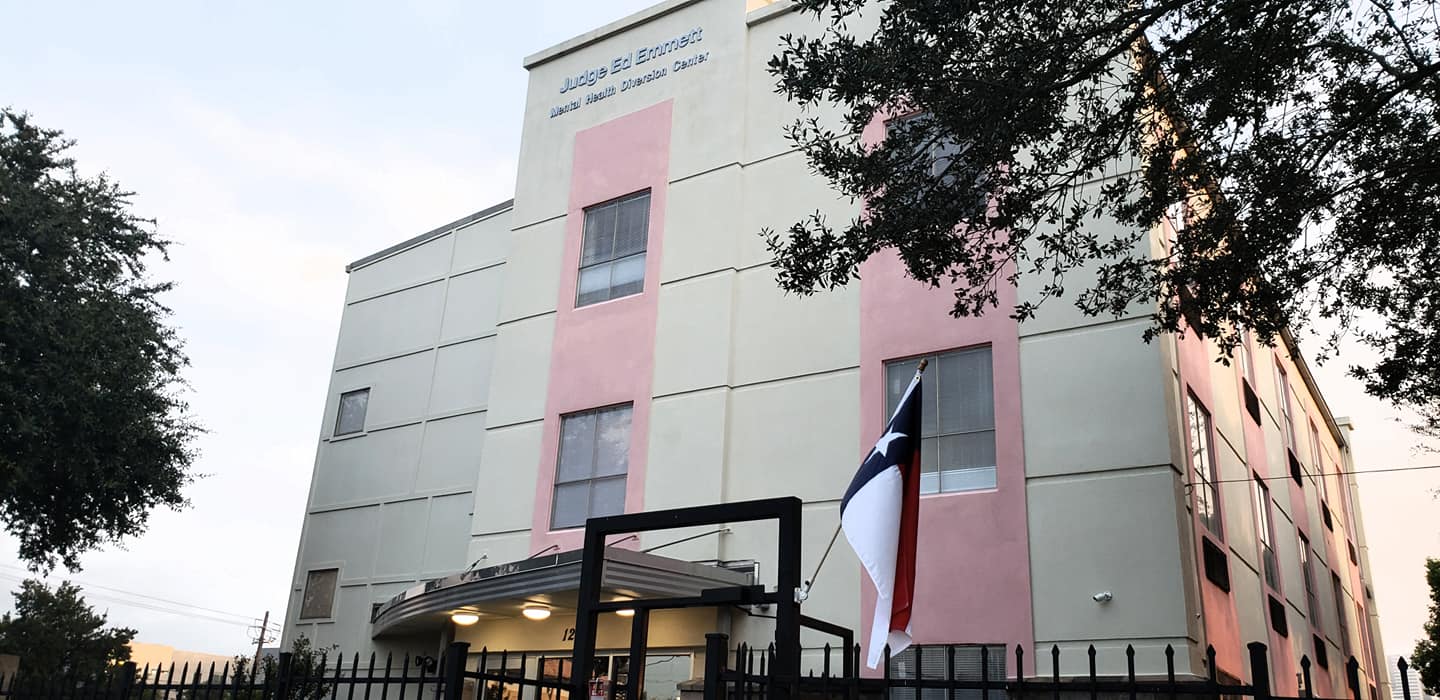
Inmates suffering from mental illnesses make up a significant percentage of the U.S. prison population. Common mental disorders among inmates include depression/manic depression, bipolar disorders, schizophrenia, post-traumatic stress disorder (PTSD), anxiety and personality disorders. Over the past several years, there’s been a growing concern about the high rates of incarceration for individuals with mental illnesses and the fact that many of these prisoners don’t get the treatment they need.
And since these prisoners don’t receive treatment for their problems, many continue the same behaviors that got them arrested and locked up in the first place.
A sizable percentage of people who are arrested and charged with misdemeanor or felony offenses in Houston and Harris County are afflicted with mental health issues. Around 3,000 Harris County Jail inmates receive psychiatric treatment each day – making it the state’s largest mental health care provider.
Diverted From Jail to Treatment
In response, city and county officials are implementing new policies to address the problem, such as diversion programs. Diversion programs allow law enforcement to send people with mental health issues who’ve committed minor, non-violent offenses, such as trespassing or shoplifting, to special treatment centers to get the care and treatment they require instead of placing them in jail.
The community made a huge step forward with the opening of the new Judge Ed Emmett Mental Health Diversion Center. Located in Midtown, the new facility will take in and treat non-violent offenders with mental health issues. According to Judge Emmett’s website, “the center will provide assessment, observation and short-term crisis beds; integrated care and individual treatment plans to assist with stabilization; comprehensive discharge planning with case management; and access to substance abuse treatment and housing.”
The new facility will be run by the Harris Center for Mental Health and IDD.
Some of the services provided at the new Judge Ed Emmett Mental Health Diversion Center include:
- Triage, assessment, 24-48 hour observation, and short-term crisis respite beds.
- Peer engagement and psychosocial rehabilitation.
- Integrated care and individual treatment plans to assist with stabilization.
- Comprehensive discharge planning with case management.
- Post-release case management.
- Post-discharge access to expanded services developed through partnerships.
The new facility was named after Emmett, whose father was afflicted with mental health issues, due to his longstanding commitment to improving the lives of persons with mental illness.
Can a Diversion Program Help Someone You Know?
Unfortunately, it’s not uncommon for persons with a mental illness to get caught up in the criminal justice system. Thankfully though, the criminal justice system is beginning to realize that treatment, rather than incarceration, will ensure the best outcome for both the mentally ill individual and society.
If a loved one with mental illness has been arrested and charged with a misdemeanor offense in Houston or Harris County, it may be possible to get them admitted into a diversion program rather than jail time. Lisa Shapiro Strauss is a former County Prosecutor turned Houston criminal defense attorney who has seen first-hand the detrimental effects jail can have on a person with mental illness. She will working with judges and prosecutors to get defendants with mental disorders into programs where they will receive the care and treatment they need.




